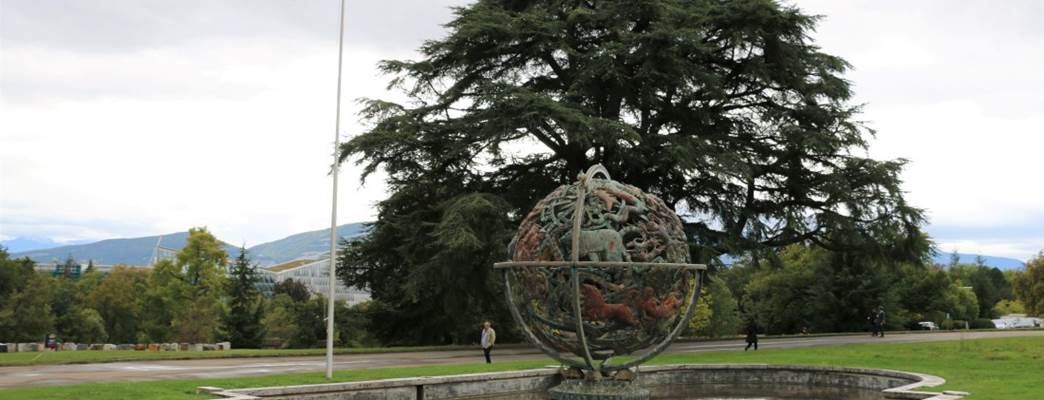The resolution was presented by a core group composed by Norway, Sierra Leone, Switzerland and Uruguay was adopted at the HRC today. The resolution addresses the following four areas:
1) the capacity-building needs of States;
2) the early-warning and early-action capacities of the OHCHR to timely inform HRC action;
3) how to enhance dialogue and cooperation; and
4) the system-wide coherence by closer cooperation between the Human Rights Council and the two other pillars of the United Nations.
The draft resolution accomplishes a number of key objectives:
- It thanks the Rapporteurs for their work and notes the report and its recommendations;
- It calls on States and other stakeholders to take into account the recommendations of the report while urging on the mechanisms of the Human Rights Council to integrate prevention with their work and, as applicable, their reporting.
- It requests the Secretary-General to analyze the current system-wide delivery and financing of technical assistance and capacity-building with the aim to formulate recommendations for this to be scaled up.
- It requests the HC to continue to strengthen the capacity of the Office to identify, verify, manage and analyze early warning signs and data from all sources and to address them;
- Should the Office identify patterns of human rights violations that point to a heightened risk of a human rights emergency, then this information should be brought to the attention of the members and observes of the HRC;
- It recalls that the HRC can resort to work formats to promote dialogue and cooperation, on a case-by-case basis;
- It requests the SG to bring to the attention of relevant bodies of the UN to reports of the HRC that are relevant to prevention;
- And finally it extends an invitation, starting in 2021, to the Chair of the PBC, to brief the HRC on an annual basis.
